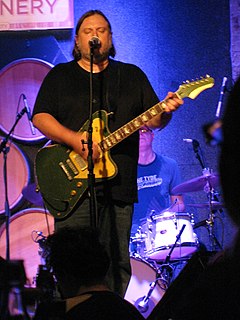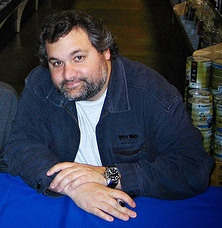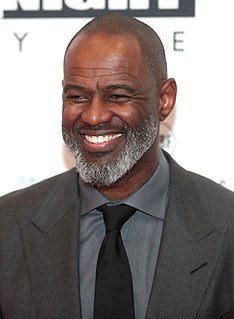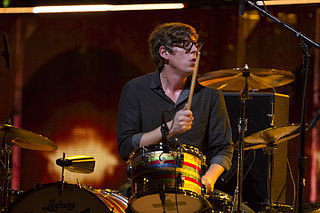A Quote by Madonna Ciccone
When I first came to New York I was a dancer, and a French record label offered me a recording contract and I had to go to Paris to do it. So I went there and that's how I really got into the music business. But I didn't like what I was doing when I got there, so I left, and I never did a record there.
Related Quotes
My record label, which is a huge record label who represents massive, massive stars - they've never done anything like this before, and they were so excited about this idea of an animated character which is singing legitimate music. It's not a comedy record, it's a legitimate record. And they really jumped on board. So, we've got our Facebook page up, we'll be jumping on Twitter very soon, and sort of be creating Haley outside of American Dad.
My contract with mercury PolyGram Nashville was about to expire. And I never had really been happy. The company, the record company, just didn't put any promotion behind me. I think one album, maybe the last one I did, they pressed 500 copies. And I was just disgusted with it. And about that time that I got to feeling that way, Lou Robin, my manager, came to me and talked to me about a man called Rick Rubin that he had been talking to that wanted me to sign with his record company.
I got on the phone with the president of my label and I said, "Obviously, I write songs in a lot of styles and play a lot of different kinds of music. We're getting toward the end of our business collaboration. If you could envision a record that you wanted to hear from me, what kind of record would it be?" It wasn't like asking him to fill an order, it was really just a conversation. For all the things I'd ever asked him, this was one thing I'd never asked, and I don't know why. So I was curious. And the thing that he was most interested in hearing was a solo record.
Woody Allen stayed so good because he never left New York. Howard Stern stayed so good because he never left New York - Mel Brooks when he just got out of New York was doing 'Blazing Saddles;' when he left New York he started doing stuff like 'Robin Hood Men In Tights' - he was in L.A. too long. He lost the edge.
In theory, when you're working with a record label, you're just borrowing their money. And that's basically how the record industry works, right? It's like, you borrow $100,000 from a record label, so you don't make any money until you make back that money for them. In theory, they have you held hostage, so you've got to do every little stupid thing that they want you to do.



































